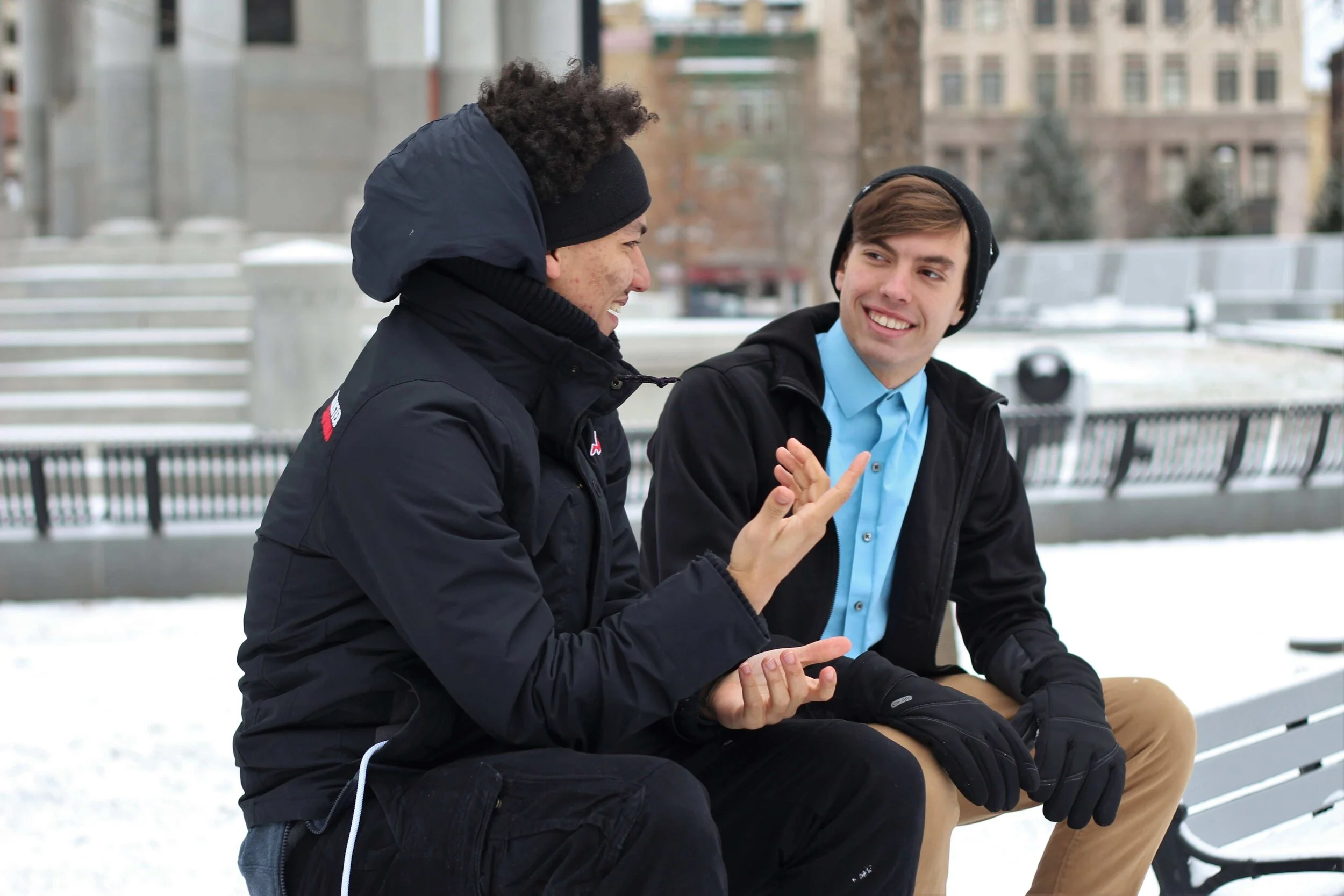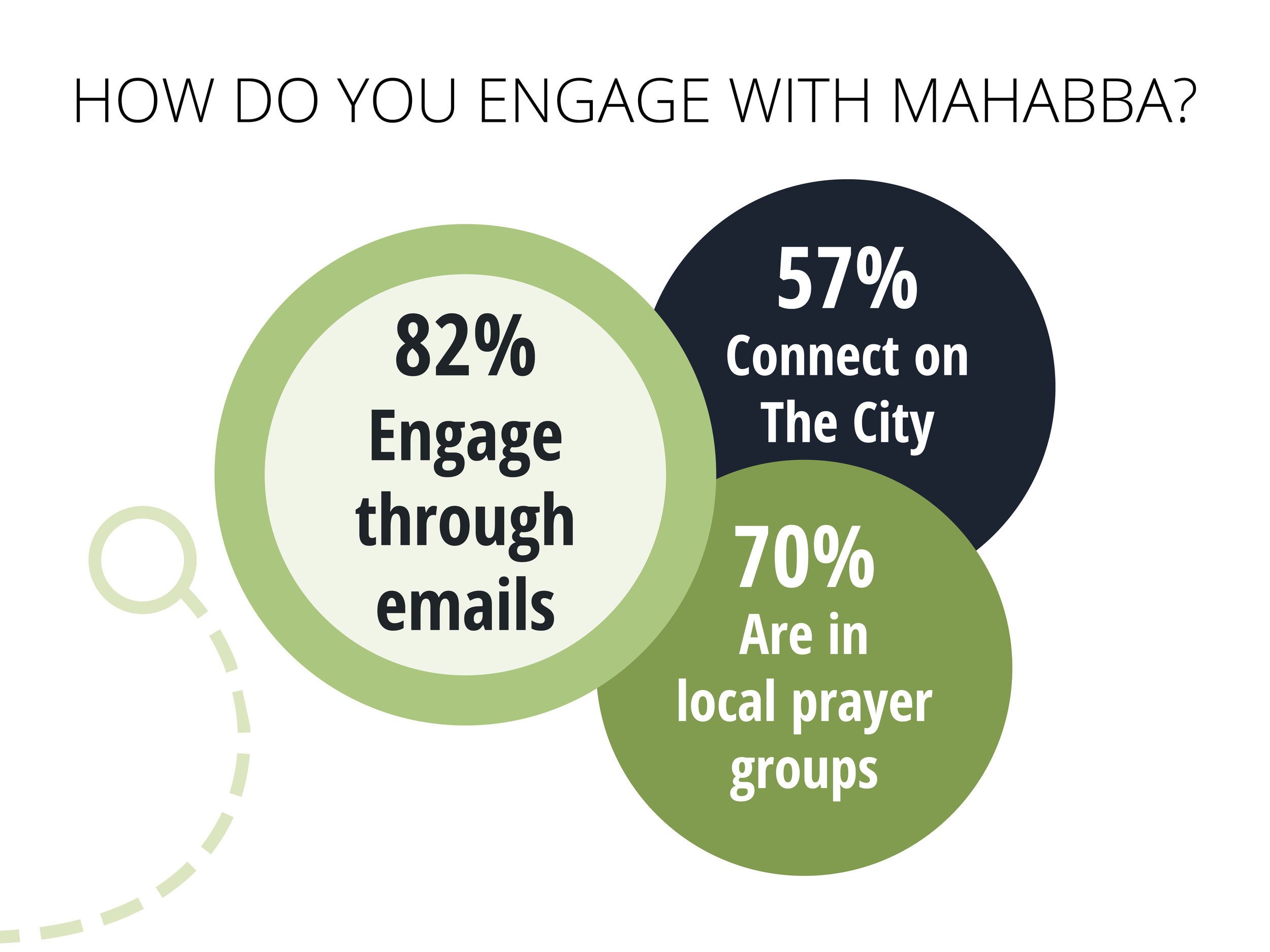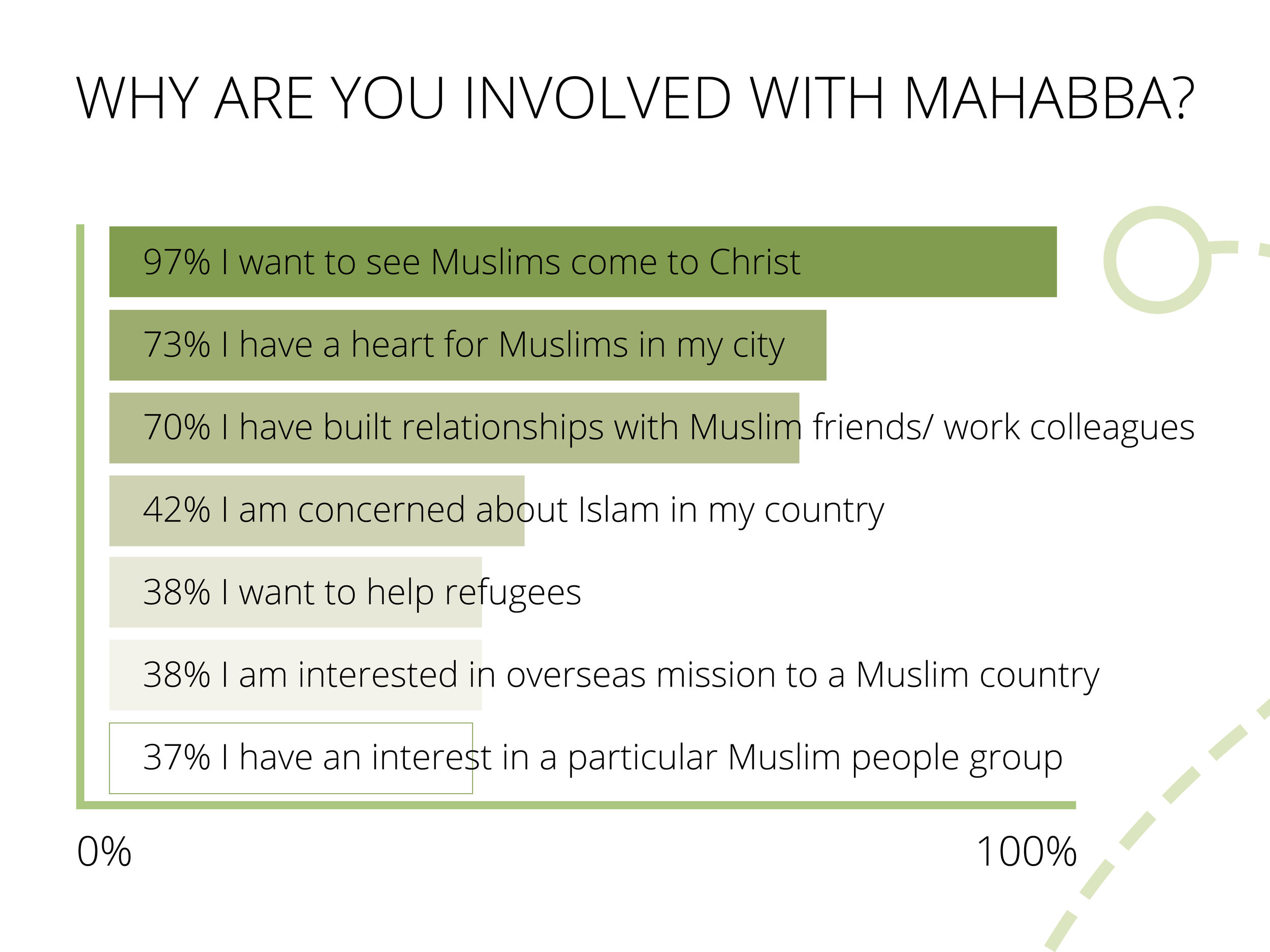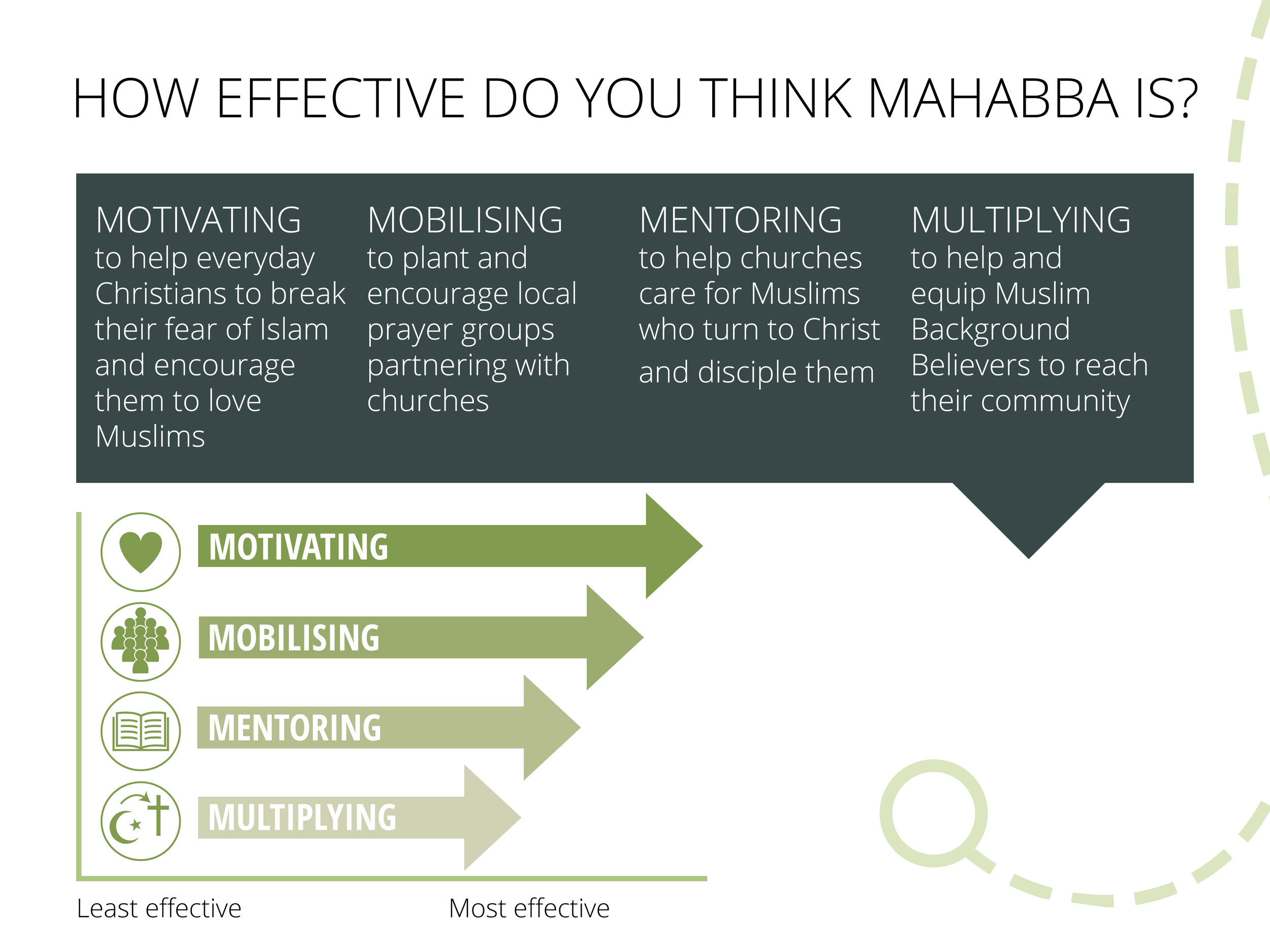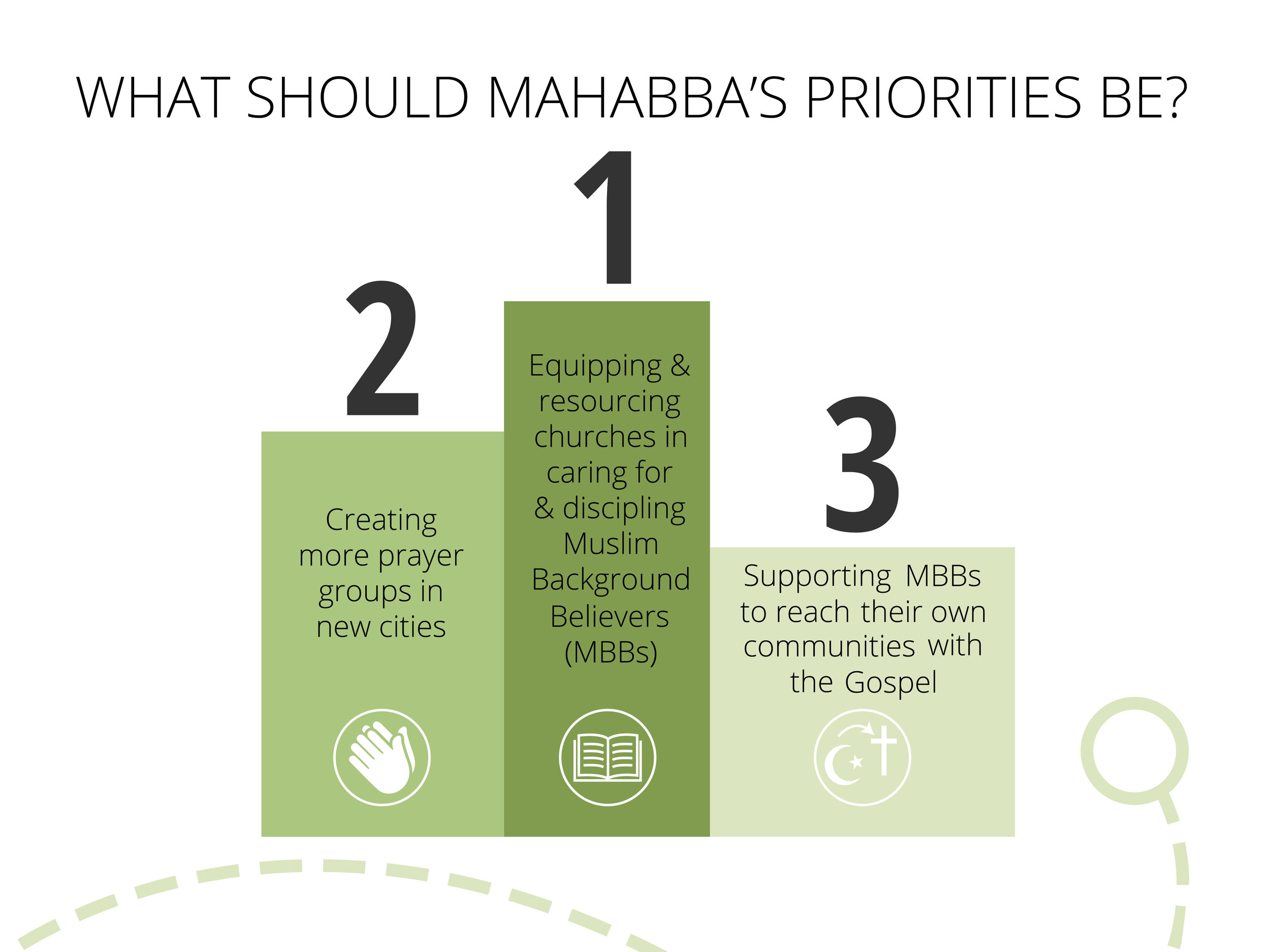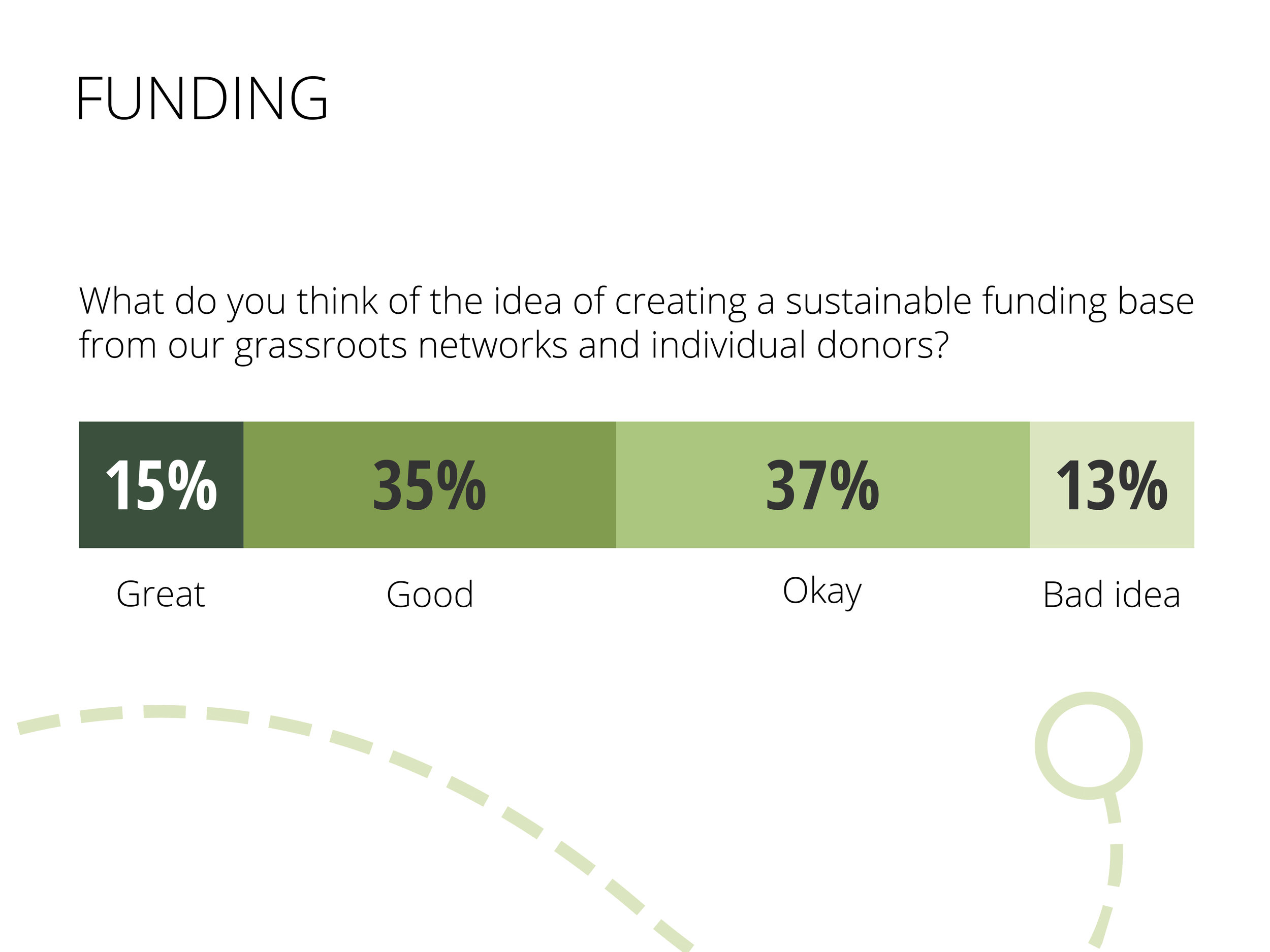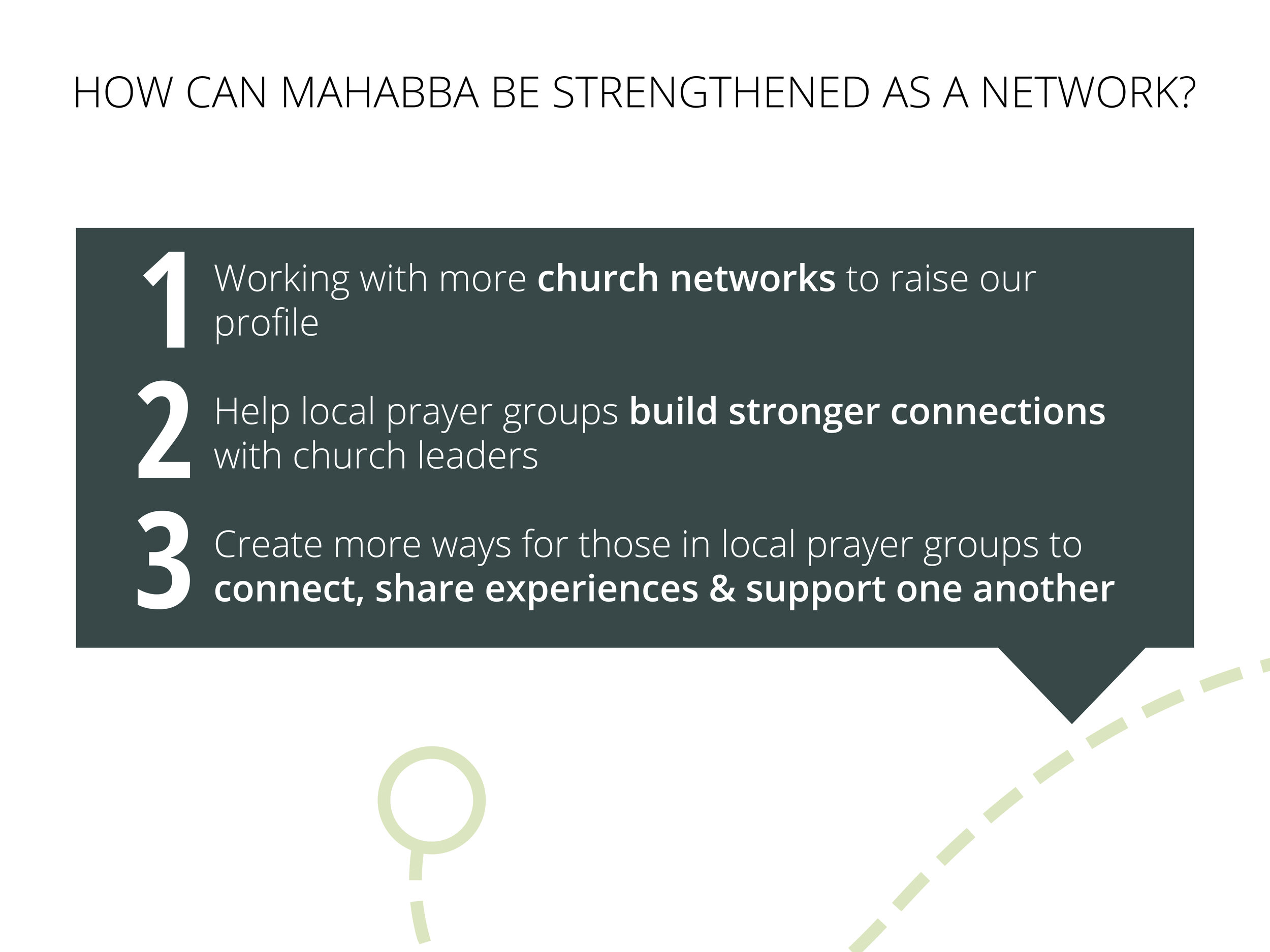Last week Trustee Adam and Hub-Regional Rep Elliot attended the Refugee Highway Partnership's annual European roundtable in Budapest, representing Mahabba Network and Community Church Derby.
The Refugee Highway Partnership aims to 'help the church serve forcibly displaced people'. For the last 10 years it has run a European-wide Roundtable to bring together Christian organisations and workers in the refugee sector to share ideas and network.
Adam commented that there were six main things that impacted him:
1. Recognise the clear biblical mandate to love and serve refugees
We can discuss politics and policies, but there is no avoiding the priority God puts on his people welcoming the stranger, practising hospitality, feeding the hungry, binding up the broken-hearted and sharing the Gospel with lost people.
Are we known for doing this?
2. Accept the extent of the crisis we're living in
As keynote speaker Patrick Johnstone explained, the mass migration we are experiencing isn't likely to end soon, but it is one of the biggest challenges facing the church in Europe today.
There were 1,170,145 asylum applications in EU countries in 2016. Germany has received over half of these. 300,225 came from Syria, with significant numbers from Afghanistan and Iraq.
Some of the poorest countries in Europe have borne the heaviest load of people in transit. Croatia had 660,000 travelling through during a six-month period.
In contrast the numbers arriving in the UK are relatively few.
We have a responsibility to shape the conversation around refugees in British society conveying God's compassion and challenging attitudes based on prejudice and fear.
It's ironic that some of those most vocal about preserving British Christian values are most reluctant to follow Christ's command to love the stranger.
3. Consider ethics in refugee ministry
There was a helpful exploration of the issues around coercion and opportunism caused by the power imbalance between refugees and the churches or organisations serving them.
We need to think through the ethical and cultural aspects of our work. Not that we should avoid sharing our faith or ministering to refugees, but we need to be aware of the pitfalls and regularly monitor our practices to see if we are in any way abusing our position of privilege and power.
We need to consider how can we create some reciprocity in the relationship and transparency in our operations. This will help build trust with secular organisations and authorities.
4. Find church responses to cultural diversity
It was interesting to hear how churches in Europe are responding to the arrival of refugee Christians and converts. There was a recognition that the ideal was to work towards some form of integration into host churches.
Some German churches have a model of a single church with several branches. These would hold services in different languages but share buildings, resources and often youth work.
Whilst it was recognised that some ethnic groups will find it easier to meet as a separate church, we need to work to build strong relational bridges with them and allow a flow of people between our churches as their congregations become increasingly settled in our culture and language.
Where refugees are finding a home among us we should look for ways to give them roles and responsibilities rather than remain in a place of dependency. We need to avoid the naive assumption that the acquisition of language removes the cultural barriers between us.
A concept of ‘interclusion’ was proposed: a process of bringing people together from various cultures into a dominant host culture where they feel accepted, appreciated, understood and valued. They are accepted as equals and there is a shared goal of creating harmony within the values of God's kingdom.
At the same time their identities and cultural uniqueness are affirmed. This is a complex, but important topic for us to explore. It really highlights the importance of training our leaders in cross cultural awareness.
5. Embrace the unprecedented missional opportunities
There is no doubt that God is working in the midst of this refugee crisis to bring many from unreached peoples to himself.
We heard how rural churches in Finland have welcomed refugees and their churches are filling with Afghans. It is estimated that over 1,000 Afghans in Finland have turned to Christ which is over 10% of the total number of Afghan refugees there! A Pakistani convert shared how 12 Pashtuns have come to faith in his church in Germany.
Despite this remarkable openness there is a reluctance to witness to refugees in some circles, perhaps born out of a fear of offending or abusing their vulnerability.
We need to work at developing practices that are true to both the great commission and the great commandment. There are some astonishing resources available like the 5fish smartphone app that can present a clear Gospel message in multiple languages combining visual and audio media.
6. Sow into short term missions opportunities available within Europe
As well as the important work being done by agencies and European churches, short term teams have a valuable part to play.
We need a thorough approach to training in cultural sensitivity, responses to trauma and appropriate evangelistic approaches.
Now is an opportune time to establish links in countries such as Greece, where churches are engaging with refugees, and work into Turkey where the discovery Bible studies (DBS) method is being used with great success.
So what now, here are some suggested actions from Adam and Elliot.
Actions
- Look for opportunities to celebrate the impact (even if it is smll to begin with!) you have within the wider context of the refugee crisis
- Clarify guidelines around ethical engagement with refugees. Communicate this with cross cultural workers
- Work with suitable charities to ensure those working with refugees have appropriate training about the effects of trauma
- Train people in the use of app based multilingual evangelism resources
- Look into missions opportunities in eastern Europe and Turkey
- Research and develop vision and strategy for culturally inclusive churches


